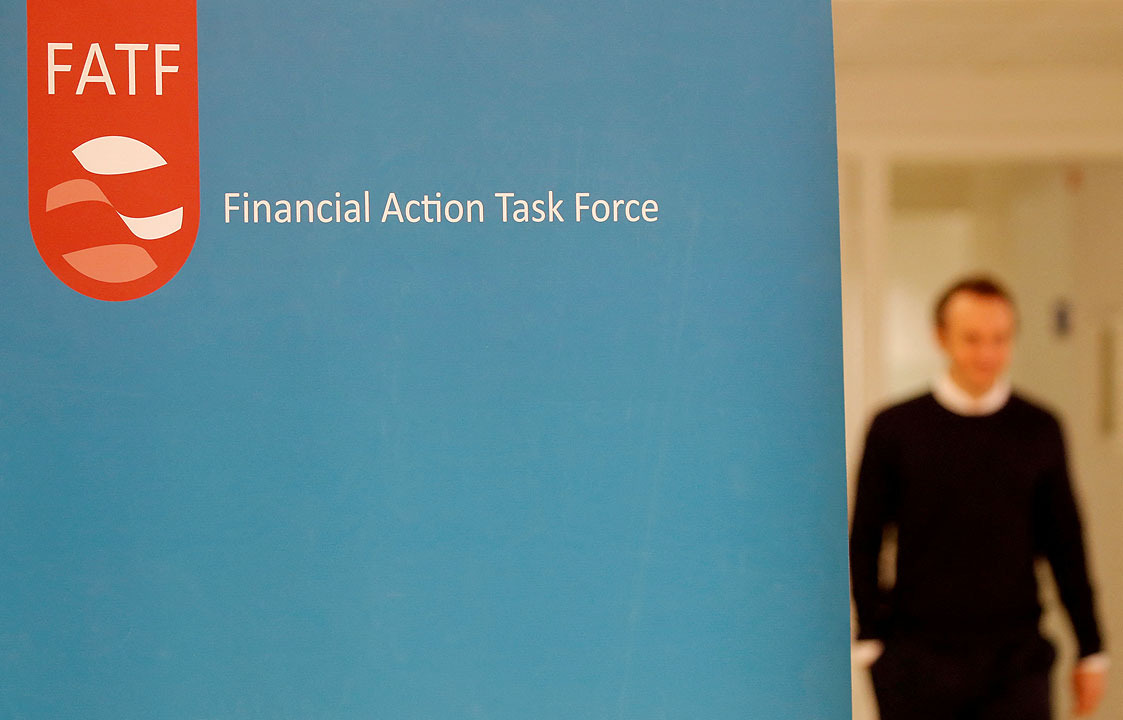Philippines still needs to address deficiencies in ‘dirty money’ controls

THE BANGKO Sentral ng Pilipinas (BSP) will continue to address deficiencies in its efforts against money laundering and terrorism financing as the Philippines remained on the Financial Action Task Force’s (FATF) “gray list,” an official said.
“We continue to do our usual on-site examination and off-site surveillance to ensure banks’ compliance with the AML (anti-money laundering) law and BSP rules and regulations,” BSP Deputy Governor Chuchi G. Fonacier said in a Viber message.
In a report released on Saturday, the FATF said the Philippines is still in its gray list of jurisdictions under increased monitoring for “dirty money” risks after failing to address strategic deficiencies against money laundering, terrorist financing and proliferation financing.
The Philippines has been on the gray list since June 2021.
Government officials earlier expressed hope the Philippines can exit the gray list by January 2024. Inclusion in the FATF’s gray list can affect a country’s reputation and investment ratings, as well as limit trade opportunities.
After a three-day plenary session in Singapore, the dirty money watchdog said the Philippines still needs to address five out of the 18 deficiencies in anti-money laundering/combating the financing of terrorism (AML/CFT) controls.
However, this was an improvement from the eight deficiencies identified by the FATF in June.
According to the FATF, the Philippines should continue to demonstrate effective risk-based supervision of designated nonfinancial business and professions (DNFBPs) and ensure that supervisors are using the proper AML/CFT controls to mitigate risks associated with casino junkets.
The Philippines should also enhance and streamline law enforcement agencies’ access to beneficial ownership information and ensure accurate and up-to-date information.
The country should also increase investigation and prosecution of cases related to money laundering and proliferation financing.
“The FATF urges the Philippines to swiftly implement its action plan to address the above-mentioned strategic deficiencies as soon as possible as all deadlines expired in January 2023,” the global dirty money watchdog said.
Rizal Commercial Banking Corp. (RCBC) Chief Economist Michael L. Ricafort said there are already some mitigating measures to improve the Philippines’ efforts against money laundering in recent years.
“There may be more documentary requirements for fund inflows into the country such as investment and other remittances, thereby could lead to higher transaction costs and additional time for transaction processing,” he said, adding these could cause some delays in transactions.
Mr. Ricafort said the Philippines could save more time and save on costs if it adopts corrective measures and action plans to exit the FATF’s gray list.
“One reform measure being considered is the lifting of the secrecy on bank deposits, to better align the country’s banking regulations/rules with the rest of Asia and the rest of the world; as well as help in facilitating the country’s integration of its capital markets with the rest of the region,” he said.
The proposed amendments seek to allow the BSP to examine deposits in relation to possible fraud, serious irregularity, or unlawful activity being committed by bank officials.
President Ferdinand R. Marcos, Jr. also gave government agencies until Nov. 30 to address deficiencies in their anti-money laundering strategies in hopes that the Philippines could get out of the gray list by January next year.
Aside from the Philippines, there are still 22 other countries in the gray list. Albania, Cayman Islands, Jordan, and Panama are no longer subjected to increased monitoring by the FATF. — Keisha B. Ta-asan



